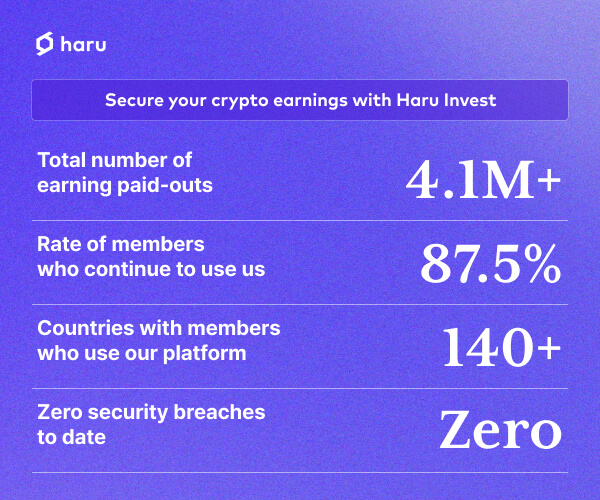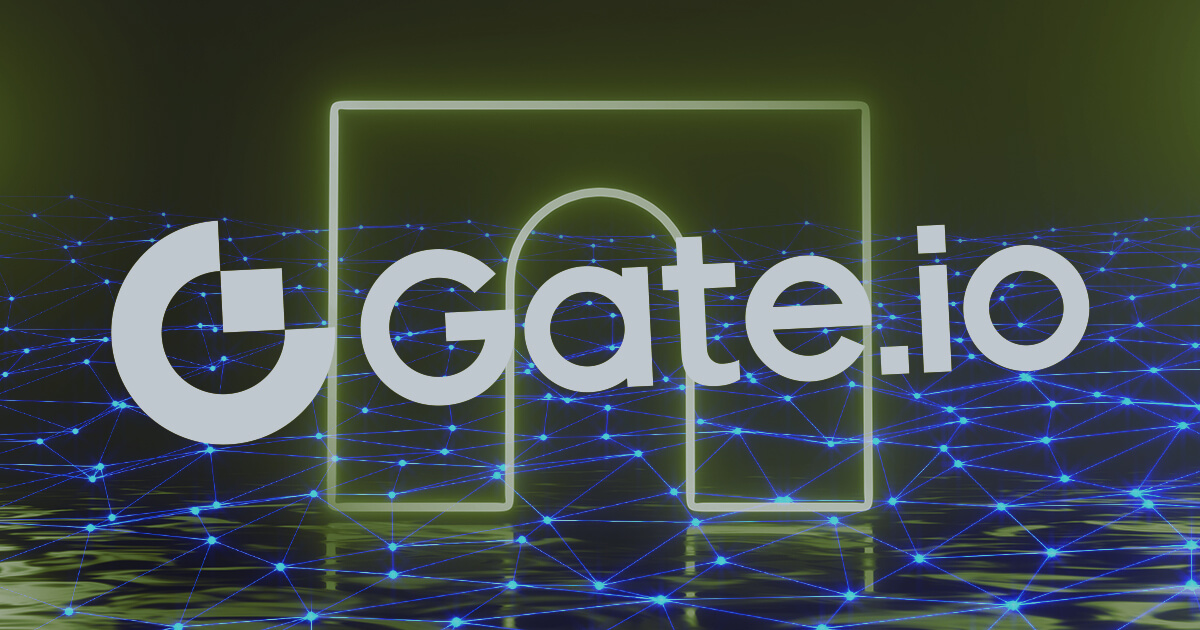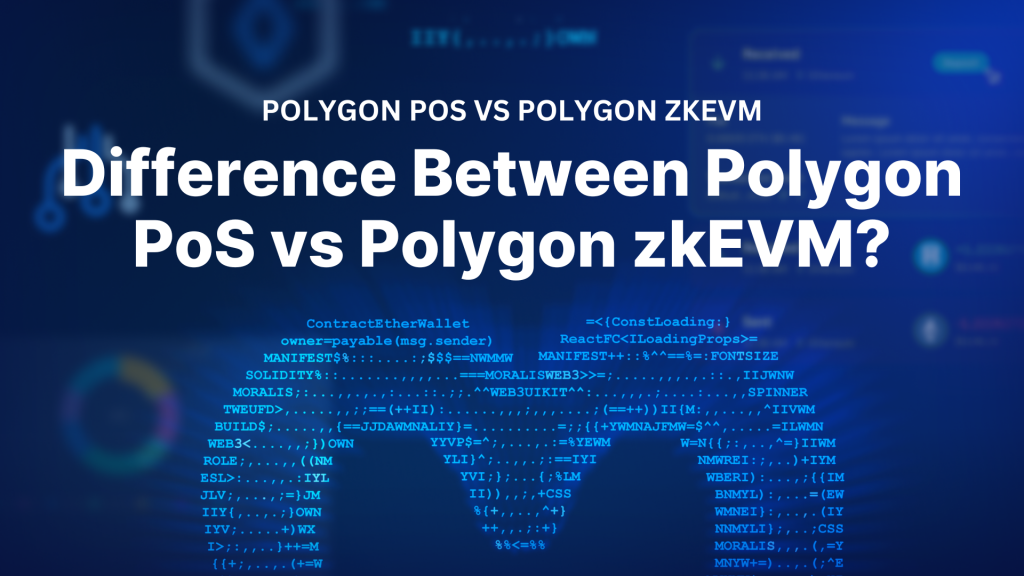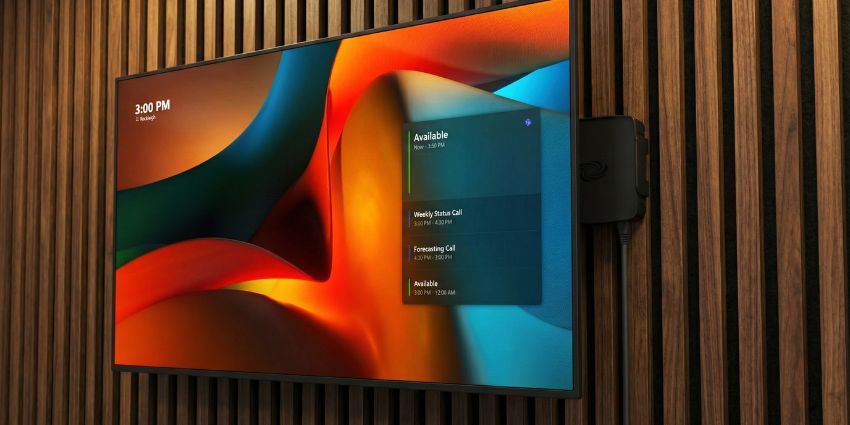
On Dec. 5, CryptoSlate ran an article on privateness issues associated to using MetaMask pockets, particularly how a current public disclosure revealed the logging of consumer IP addresses.
In response to the backlash, MetaMask’s father or mother firm ConsenSys launched a press release addressing the issues raised.
Crypto group uneasy over information assortment coverage
An up to date privateness coverage, launched on Nov. 24, revealed the monitoring of customers’ IP addresses upon sending transactions, which applies to customers who depart the default Distant Process Name (RPC) setting as Infura.
This sparked a wave of criticism from the crypto group, with some expressing unease over the info assortment coverage. Methods shared to avoid the monitoring of IP addresses included altering the RPC setting to a different supplier and operating an Ethereum node.
ConsenSys identified that the up to date privateness coverage was actioned to convey better transparency to its operations. However logging IP addresses upon sending transactions was all the time carried out within the abnormal course of MetaMask use.
“These updates aimed to solely present better transparency on present practices and didn’t describe a change in our enterprise practices.”
Nonetheless, the corporate mentioned the group suggestions had prompted them to “higher prioritize the privateness of MetaMask and Infura customers.” For that motive, ConsenSys needed to make clear misunderstandings and supply particulars on what it’s doing to handle privateness issues.
ConsenSys mentioned it helps consumer company
Having learn the Phrases of Service, the founding father of Boxmining, Michael Gu, speculated that MetaMask might log IP addresses when opening the pockets, not simply when sending transactions.
ConsenSys’s assertion clarified “learn” requests, comparable to opening the pockets to examine balances, don’t log IP addresses. However “write” requests, when actioning transactions and through Infura endpoint service, do acquire an IP deal with to make sure “profitable transaction propagation, execution, and different essential service performance comparable to load balancing and DDoS safety.”
The corporate additionally needed to clarify that:
- IP addresses and pockets deal with information referring to a transaction are saved individually, in order that they can’t be related collectively.
- Consumer information, together with IP addresses, is deleted in step with the corporate’s information retention coverage. Plans are in place to reduce the deletion turnaround to seven days.
- It doesn’t promote collected information to 3rd events.
Commenting on altering the RPC supplier to a non-Infura different, ConsenSys warned that customers who do which might be nonetheless topic to the info insurance policies of the brand new endpoint supplier. Whereas operating a node is not any assure of masking an IP deal with.
“From a privateness perspective, we warning that these alternate options might not truly present extra privateness; alternate RPC suppliers have completely different privateness insurance policies and information practices, and self-hosting a node might make it even simpler for individuals to affiliate your Ethereum accounts along with your IP deal with.”
Nonetheless, from subsequent week onwards, customers may have entry to a brand new superior settings web page, enabling the number of different RPC suppliers and the performance to reject third-party providers. As well as, additional improvement work will go into securing the RPC course of, together with threat warnings on suspect suppliers.



















